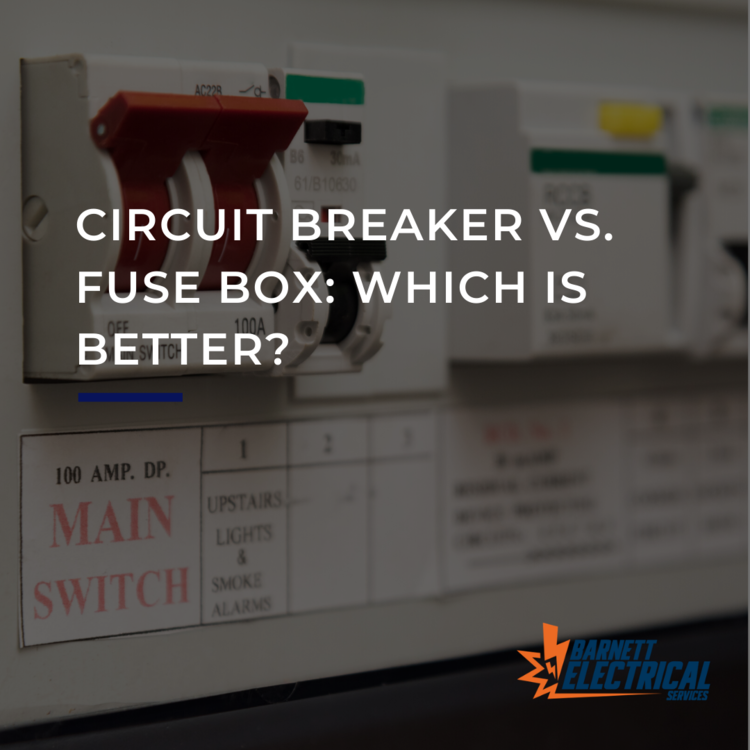Electrical panels come in two common forms: a circuit breaker and a fuse box. Is one better than the other? Is there a reason to convert your existing panel from fuses to circuits, or vice versa?
In this article, we’ll examine the pros and cons of both fuses and circuits.
What is an Electrical Panel?
Your home’s electrical panel, also called the load center, accepts the main power from the powerline outside your house and then distributes it to each room in your home. In most cases, homes have just one electrical panel that controls the flow of electricity throughout the property. However, when a new portion is added onto an existing property, it may have its own separate panel that controls the addition.
An electrical panel uses circuits or fuses to protect your home from ground faults and electrical surges that could cause fires. Often, older homes have fuse boxes, and new homes have circuit breakers.
Both circuits and fuses serve the same purpose – to stop overflows of electricity and protect your home from fire – but they do so in different ways.
How Do Fuse Boxes Work?
Fuses have a small metal thread, called a filament, inside. When the electrical current is greater than the capacity of the fuse, the filament melts to break the electrical circuit. Without the filament, electricity cannot flow to the area of your home controlled by the fuse. Fuses cut power from a surge quicker than a circuit breaker, so they may be more suitable for properties with sensitive electronics.
Once a fuse has blown, homeowners need to remove the old fuse and replace it with a new one. Be sure that the new fuse is the same as the old one. Replacing with a larger capacity fuse can overload your circuit. Panels are designed to handle a specific load of electricity, so choosing a fuse that is designed for a larger load could cause issues.
Replacing fuses is usually quick and inexpensive. However, fuses that blow frequently can become a nuisance. If you find yourself changing fuses often, it may be time to schedule a maintenance appointment with an electrician to check for underlying issues.
How Do Circuit Breakers Work?
Circuits typically have either an electromagnetic strip or a bi-metal strip. When the panel’s current gets too high, the magnetic force in the circuit becomes too great and causes the switch to flip. Once the switch has flipped, the electrical circuit is broken, and electricity cannot flow to the area of the home controlled by that circuit.
When a circuit trips, restoring power is quick and easy. Each circuit looks like a light switch or power switch, so it’s easy to tell which one has flipped. To restore power, simply flip the switch back on to reconnect the circuit. Homeowners may feel safer restoring power to a circuit breaker than a fuse box because all of the electrical connections are behind a protective panel in a circuit breaker. The chance of accidental shock is extremely low.
Circuit breakers are more expensive than fuse boxes to install and repair, but some homeowners find them safer and find the cost an acceptable tradeoff.
Does Your Panel Need Maintenance?
A well-designed fuse box or circuit breaker shouldn’t blow or trip often. Neither is necessarily better or worse than the other as long as you aren’t resetting it often. If you find that you frequently have to restore circuits or change fuses, it may be time to schedule a maintenance appointment. A qualified electrician can identify any underlying issues and either repair or replace your panel to keep your home protected from fire.
If you suspect that there may be an issue with your existing panel or you’d like to learn more about fuses and circuits, get in touch with Barnett Electrical today.

